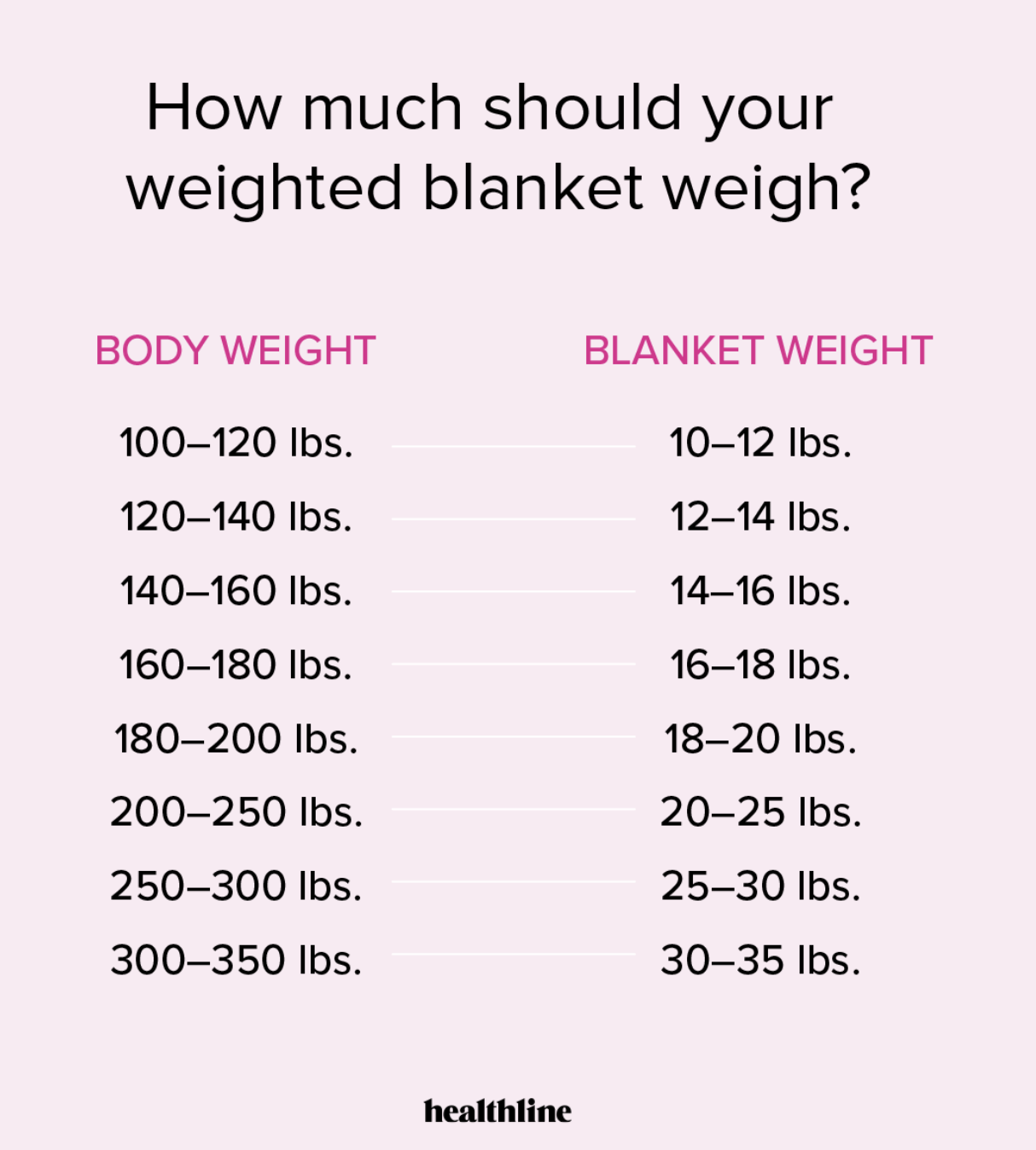Weighted blankets and anxiety
There’s a certain skepticism many have about weighted blankets. Maybe it’s in our nature to question whether such a simple idea can actually work. Or perhaps the ‘as seen on TV’ quality of claims made by some manufacturers give us pause.
Others, however, swear by the therapeutic effects of weighted blankets for relieving stress, improving sleep, and more. They won’t sleep without them.
What is a weighted blanket?
Weighted blankets look very much like typical blankets or comforters. The difference is in the filling. Most weighted blankets have individual quilted pockets filled with tiny plastic, glass, or steel beads, adding evenly dispersed substance and heft. The actual weight can vary greatly, anywhere from 3 to 30 pounds.
The popularity of weighted blankets has grown in recent years due to claims that their therapeutic qualities help ease stress, reduce anxiety, improve sleep quality, and calm the nervous system. The Sleep Foundation suggests that weighted blankets may benefit individuals with autism, anxiety, depression, and attention deficit hyperactivity disorder (ADHD). Social media influencers and celebrity endorsements have made the weighted blanket the go-to health and wellness product.
How do weighted blankets work?
The potential benefits of weighted blankets are based on a therapeutic technique called deep pressure stimulation, which uses gentle but firm, controlled pressure on the body. Familiar types of deep pressure stimulation include hugging, cuddling, or swaddling. In the case of weighted blankets, deep pressure comes from compression caused by weight.
The deep pressure on the body releases the neurotransmitters serotonin and dopamine, sometimes called “happy hormones.” These chemicals produced by the brain are associated with feelings of happiness, calm, well-being, and pleasure. In addition, deep pressure simultaneously decreases cortisol, the stress hormone, helping to put the body into ‘rest mode.’
What does the science say?
According to the Journal of Occupational Medicine, research on the effectiveness of weighted blankets in reducing anxiety and insomnia is sparse. However, some studies do suggest that weighted blankets have the potential to be beneficial for some individuals.
- Anxiety
A 2020 study by Florida researchers found that using weighted blankets safely and effectively decreased anxiety for patients at a mental health facility. Another study from the Clinical Journal of Oncology Nurses found that weighted blankets helped reduce anxiety among chemotherapy patients.
- Chronic pain
One study of 94 adults with chronic pain demonstrated that deep pressure stimulation from weighted blankets reduced the severity of chronic pain.
- Insomnia
The Journal of Clinical Sleep Medicine published a study showing that participants using the weighted blankets reported significantly reduced insomnia severity, better sleep maintenance, a higher daytime activity level, and reduced symptoms of fatigue, depression, and anxiety.
While clinical evidence of the benefits of weighted blankets may be limited, these studies support the beliefs and experiences of many who report benefits from the use of weighted blankets to help reduce anxiety, relieve physical pain, and improve sleep.
Choosing a weighted blanket
Consider these four factors when choosing a weighted blanket.
- Weight
The most important factor when shopping for a weighted blanket is the blanket’s weight. In general, selecting a blanket that is 10 percent of your body weight is recommended. For example, if you weigh 150 pounds, you’d get a 15-pound blanket. If you are closer to 200 pounds, choose a 20-pound blanket. Be sure to consider also the materials used in the blanket. The higher density of steel and glass means that these blankets will generally be less bulky but could impact the cost.

- Size
Weighted blankets should cover your entire but should not be oversized. If you plan to sleep under it, ensure the blanket doesn’t hang over the sides of the bed, as its weight can cause it to slide off the bed during the night.
- Washability
Remember that most blankets weighing more than 10 pounds require a commercial washing machine. In this case, one option is to choose a blanket with a removable cover.
- Temperature regulation
- For those concerned about temperature, choose a blanket made from breathable materials to help with temperature regulation and prevent overheating, such as cotton and wool. Open-knit patterns that allow more room for airflow can also prevent heat from becoming trapped throughout the night.
Who should NOT use a weighted blanket?
Weighted blankets are not recommended for young children and infants, in part because the beads inside the blanket could cause a choking hazard. In addition, a heavy blanket may present a suffocating risk for young children and infants, especially babies under 1-year-old. Always talk to your provider before using a weighted blanket for a child.
Weighted blankets may be unsuitable for people with certain medical conditions, including chronic respiratory or circulatory issues, sleep apnea, asthma, low blood pressure, type 2 diabetes, epilepsy, and claustrophobia.
Should I try a weighted blanket?
Think of a weighted blanket as an alternative therapy for relieving stress and anxiety or helping with sleep problems or other conditions such as ADHD. While not cheap, an investment of anywhere from $65-200+ may be worthwhile for your mental health.

